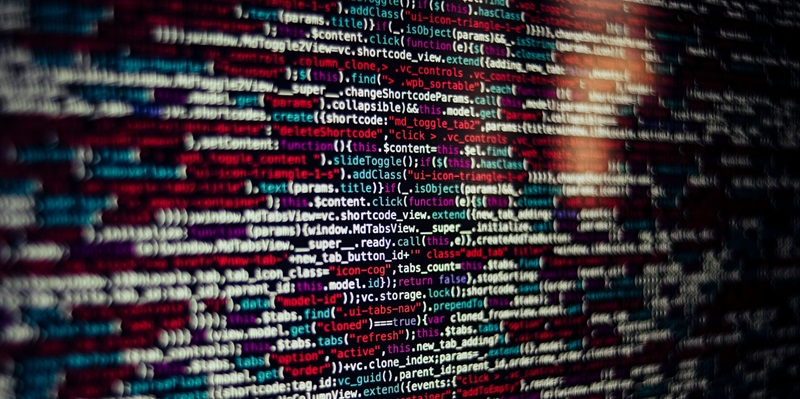On Thanksgiving last year, Cloudflare, the popular IT service provider, experienced a major security breach. Threat actors managed to infiltrate their systems and gain access to the company’s source code. This incident, which Cloudflare believes was orchestrated by a nation-state actor, has raised concerns about the motives and implications of such attacks. However, it is important to note that no customer data or systems were affected due to Cloudflare’s robust security measures, specifically its zero-trust environment.
Suspected nation-state attack
Cloudflare suspects that the attack on their systems was carried out by a nation-state actor. The motivations behind such attacks can vary, ranging from gathering intelligence and stealing intellectual property to disrupting critical infrastructure. The fact that a nation-state actor was involved raises the stakes and underscores the need for heightened cybersecurity measures globally.
Protection of customer data and systems
One of the most significant aspects of this incident is that no customer data or systems were compromised. Cloudflare’s zero trust environment played a crucial role in preventing lateral movement by the threat actors. By enforcing access controls, firewall rules, and utilizing hardware security keys, Cloudflare limited the ability of the attackers to move laterally within their systems. This demonstrates the effectiveness of a zero trust architecture in mitigating risks and safeguarding sensitive data.
Independent Analysis and Disclosure
Following the breach, Cloudflare enlisted the expertise of CrowdStrike, a renowned cybersecurity firm, to conduct an independent analysis of the incident. The findings of this analysis were made public through a detailed blog published by Cloudflare on February 1, 2024. The transparency demonstrated by Cloudflare in sharing the details of the attack allows the cybersecurity community and other organizations to learn from this incident and strengthen their own defenses.
Okta Breach and Stolen Credentials
In an intriguing connection, it was discovered that the attackers had stolen one service token and three service account credentials belonging to Cloudflare during the Okta breach on October 18, 2023. These credentials served as the entry point for the threat actors, enabling them to initiate their attack. The incident underscores the importance of promptly addressing security breaches and swiftly revoking compromised credentials to prevent further unauthorized access.
Unauthorized access attempts
Armed with stolen credentials, the threat actors began exploring ways to access Cloudflare’s systems on November 14. To ensure persistent access, the attackers cleverly created an Atlassian user account via the Smartsheet credential they had obtained. This maneuver allowed them to maintain a foothold in the Atlassian environment even if the Smartsheet account was removed or detected.
Code repository access and download
Over the course of the following day, the threat actors meticulously explored Cloudflare’s code repositories. They viewed a staggering 120 repositories and took the alarming step of downloading 76 of them directly onto the Atlassian server. This unauthorized access to Cloudflare’s source code raises legitimate concerns about potential intellectual property theft and future vulnerabilities.
Limited presence and zero trust architecture
While the threat actors had accessed a significant number of code repositories, their presence remained restricted to the Atlassian suite. Cloudflare attributed this lack of lateral movement to their zero-trust architecture. By implementing stringent access controls and granular permissions, Cloudflare effectively contained the threat within a specific environment, minimizing the potential damage that could have occurred had the attackers been able to move freely.
The breach of Cloudflare’s systems on Thanksgiving last year has brought critical cybersecurity issues to the forefront. Despite the fear associated with a nation-state actor being involved, Cloudflare’s zero trust environment successfully limited the lateral movement of the threat actors and protected customer data and systems. This incident highlights the importance of maintaining robust security measures, promptly addressing security breaches, and adopting zero trust architectures to prevent unauthorized access. By sharing detailed information about the attack, Cloudflare allows the cybersecurity community to learn from this incident and strengthen collective defenses against future threats.

